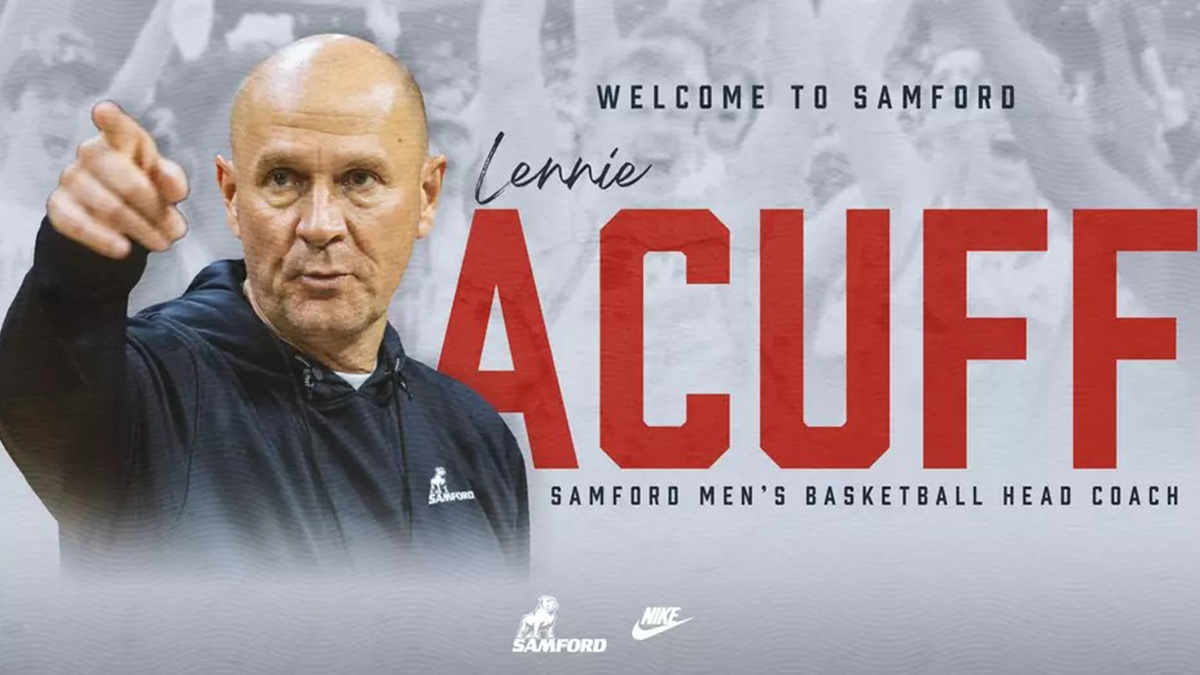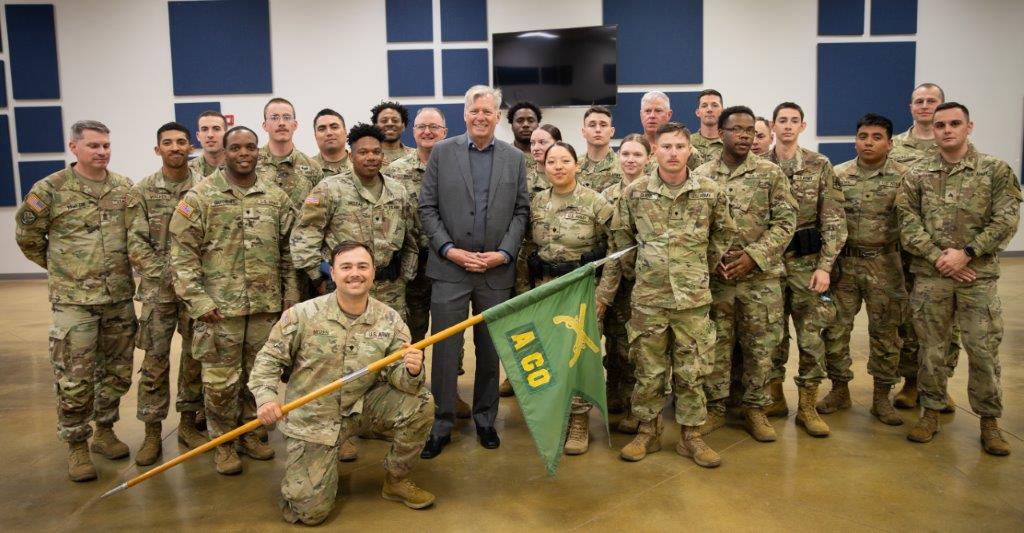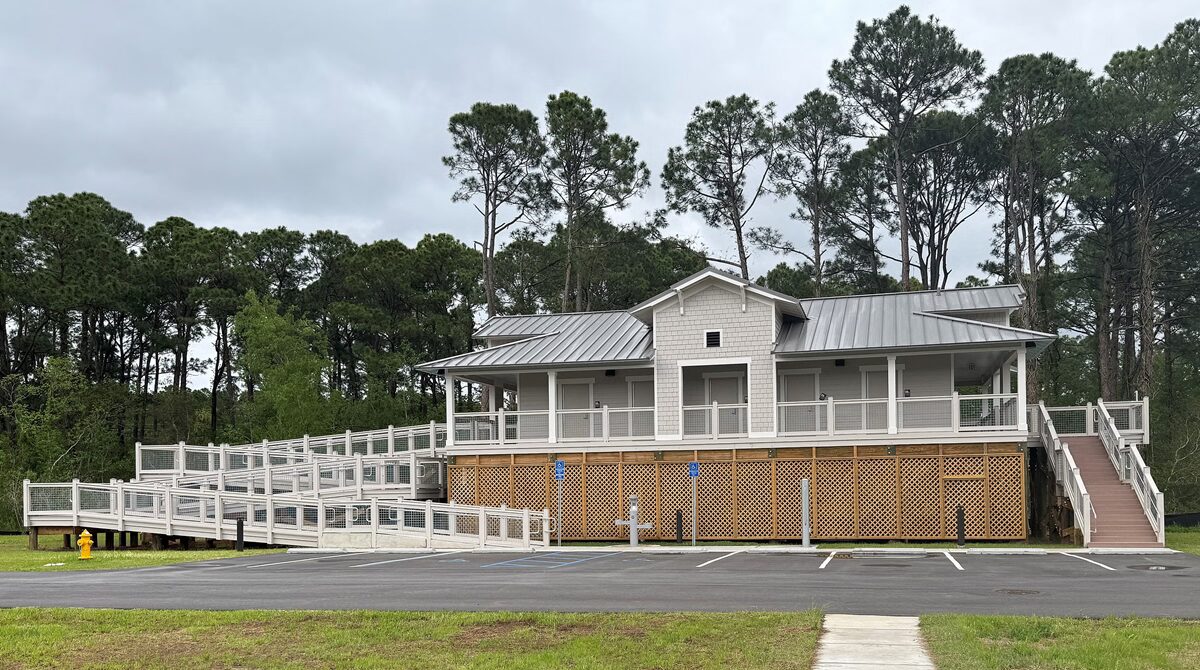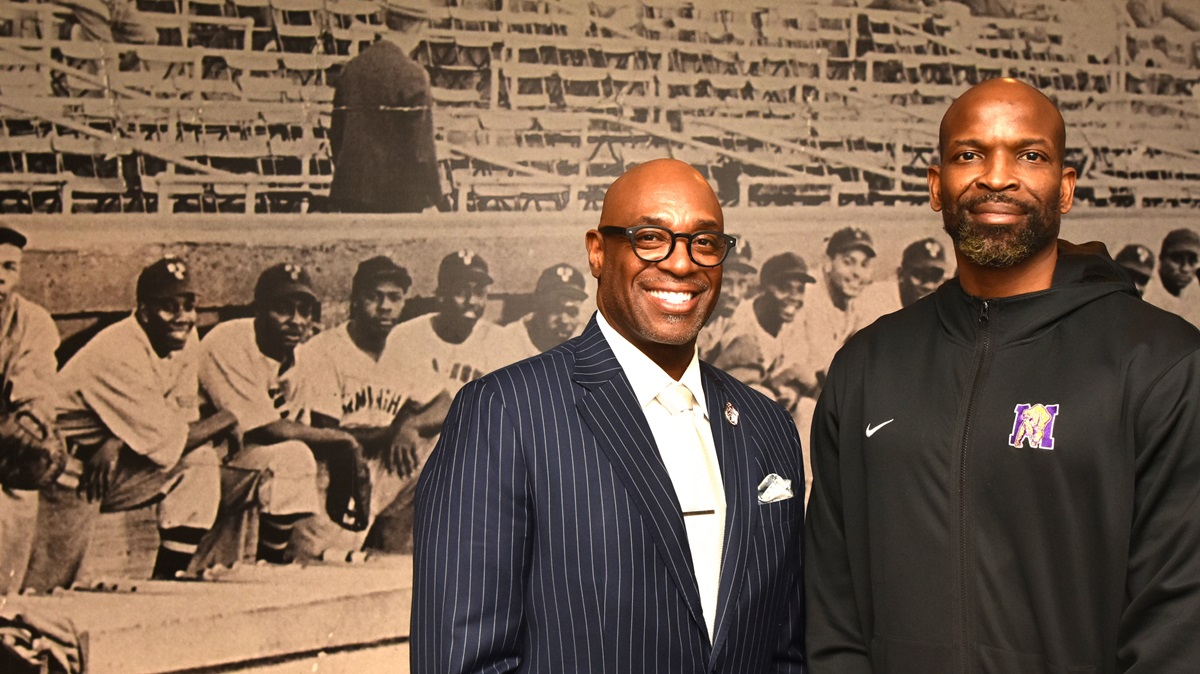Miracle Mets had ‘all the pieces in place,’ Alabama’s Cleon Jones says

Mobile's Cleon Jones honors the 50th anniversary of the "Miracle Mets" while looking to improve Africatown. (Karim Shamsi-Basha / Alabama NewsCenter)
Millions of words literally have been dropped over the past 50 years to capture the cultural significance of the “miracle” New York Mets.
The 1969 World Series championship won by the former “lovable losers” has been portrayed as the ultimate David vs. Goliath story – an inspiration for every underdog who ever faced long odds and proof that dreams can come true. Some even say it was more unbelievable than the year’s other improbable event: man’s landing on the moon.
Cleon Jones of Mobile, left fielder and top hitter on the ’69 club, says the focus for him and his teammates was a bit more down-to-earth.
“We just played baseball and went about our business,” Jones recalled this week in a telephone interview from his home in Mobile’s Africatown community.
“Thanks to (manager) Gil Hodges, who put us on the right track, made us stay true to the course,” he said. “It’s no wonder we were able to win because we had all the pieces in place … great pitching, timely hitting, good defense.”
Jones, one of several major league stars who emerged from the Mobile area, returned with his wife, Angela, to Africatown after retiring from baseball. In recent years they have devoted themselves to improving the community, which is believed to be the first settled in the United States by formerly enslaved Africans following the Civil War.
Jones is commemorating the Mets championship by helping to organize a golf tournament at the Heron Lakes Country Club in Mobile on Oct. 16, the 50th anniversary of the date the team won the Series, to raise funds to refurbish and build affordable homes, combat blight and provide positive youth programs in Africatown. The event extends the ongoing work, with partners including Alabama Power, to raise the standard of living for the community’s residents.
Details of the tournament, including a pre-event gala and silent auction on Oct. 15, are available here.
Like most baseball fans and experts, Jones said, the Mets did not see themselves as pennant contenders when they arrived for spring training in 1969. The Mets finished the previous season ninth in the 10-team National League, continuing a string of consistent – and legendary − losing since the team’s inception in 1962.
Jones made his major league debut with New York in 1963, so he was well accustomed to the team’s record of futility, although he was among a group of promising young players such as Tom Seaver, Jerry Koosman and Bud Harrelson who seemed poised to turn things around.
“When you finished at the bottom in 1968, then you go to spring training and see what’s on your roster and look at the other teams and see what they have – the Cubs, the Pirates, the Reds. You size it up, think about how you fit in,” Jones said. “Most teams were better on paper.”
But Hodges preached a winning mentality, according to Jones.
“Gil said, if you don’t beat yourself, it’s hard for the other team to beat you. That was our motto: Don’t beat yourself.”
By summer, the Mets had a winning record and had a newfound confidence. By the time they rode a red-hot September to overtake the Chicago Cubs to win the East Division title, Jones said, the team believed it could go all the way. The Mets swept the Atlanta Braves in the first National League (NL) Championship Series, then defeated the heavily favored Baltimore Orioles in five games to win the World Series.
Impossible in April; reality in October.
Jones caught the final out of the Series, off the bat of Baltimore second baseman (and future Mets manager) Davey Johnson, and then knelt for a moment. The gesture, which has become an iconic sports image, was spontaneous, he said.
“You always want the ball hit to you. I didn’t think the last ball would be hit to me but I’m happy it did because that’s my claim to fame,” Jones said.
Even as he performed under the bright lights of New York and reached the pinnacle of the athletic universe, Mobile was never far from his mind, Jones said.
Teammate Tommie Agee, the Mets center fielder, was a fellow Alabamian who grew up in Mobile.
“We were the best of friends, high school buddies. We played all the major sports together,” Jones said of Agee, who died in 2001. “Being teammates and homeboys and locker mates, we’d talk about what was happening at home.”
And Jones, who led the Mets in 1969 with a .340 batting average, said his greatest individual accomplishment that season was being selected as a starter for the NL in the All-Star Game. The reason: He got to play alongside Mobile natives and future Hall of Famers Hank Aaron and Willie McCovey.
“I got a chance to play in Washington, a couple of days after man walked on the moon,” Jones said. “So, when I saw the lineup, with Aaron and McCovey, both from my hometown, I thought, that’s something to be in the same lineup.”













